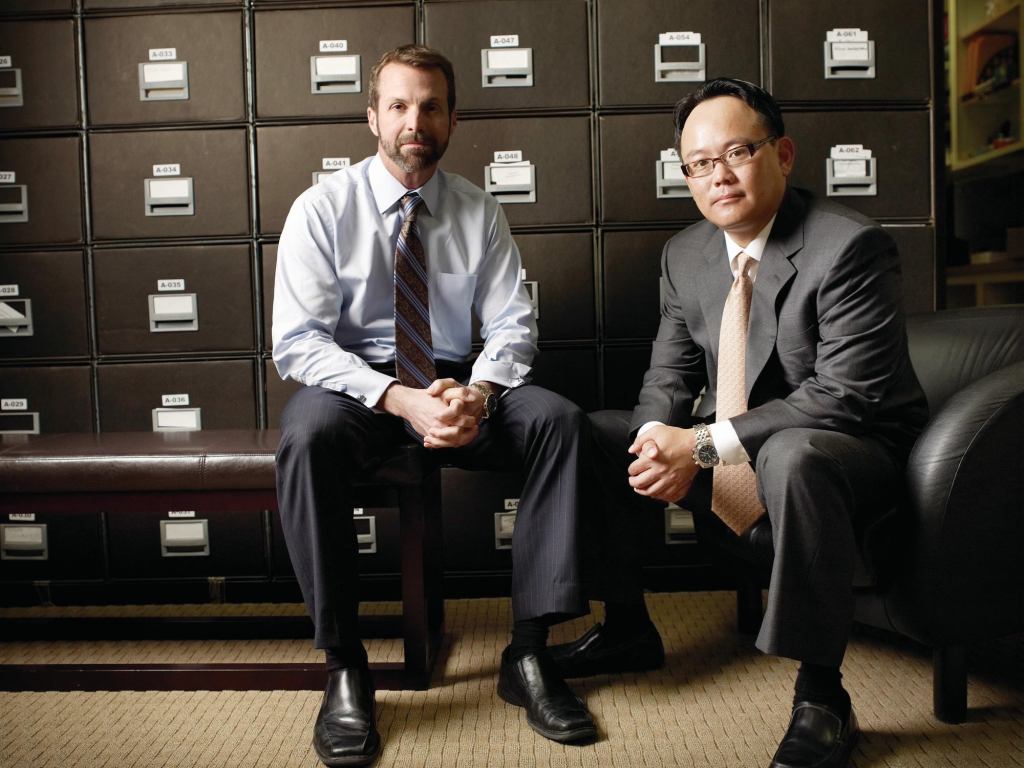[LEADERSHIP LESSONS] – Jerome A. Fink
 Credit: Robert Benson/Aurora
Credit: Robert Benson/Aurora
TITLE: Managing Partner, Acquisitions
AGE: 46
FIRST PROFESSIONAL JOB: Pacific Life Insurance Co.
BEST BUSINESS DECISION: “Selling our Phoenix portfolio in 2007.”
FAVORITE QUOTE: “The road to success is full of potholes.”
GREATEST BUSINESS CHALLENGE: “Working the commercial real estate downturn.”
PEOPLE YOU MOST ADMIRE: Arnold Schwarzenegger
LEADERSHIP PHILOSOPHY: “Hire people smarter than you are.”
BEST ADVICE EVER RECEIVED: “Buy low and sell high.”
LAST BOOK READ: The Intelligent Investor: A Book of Practical Counsel by Benjamin Graham (Harper & Row Publishers, 1986)
PLAYING ON YOUR iPOD: Jimmy Buffet
Such was the case at The Maples at Crestwood Apartments, 300 units of Class C rental stock in a blue-collar Denver neighborhood where a nonprofit community development corporation was unable to continue renovations and even began cannibalizing vacant units as leases turned. Fink says the practice of essentially highjacking vacant units for spare parts in order to upgrade other apartments during the turn has been an all-too-common practice during the recession—and one that can quickly lead to property distress in the absence of capital reserves.
“You take a stove from here, a microwave from here, and you don’t have to put in any money, but the problem is that you then increase the number of down units,” Fink says. “All of a sudden, the owner doesn’t have any money, and the bank of cannibalized and unrentable units starts growing and growing and growing. It’s robbing Peter to pay Paul, without the thought that eventually you have to pay somebody.”
Kim says unit cannibalization is a death spiral that few Class B and C operators are able to recover from. Bascom was able to acquire the Maples in an off-market deal for $7.9 million and plans on executing a total repositioning budget of approximately $420,000 to get off-line units in rentable shape, as well as to make overall cosmetic improvements at the property. It’s a business model that the firm could logically apply elsewhere as secondary markets continue to stagnate, despite broader improvements in Class A and higher-barrier-to-entry markets.
“The Bs and Cs are where the private owner has been starving it out, and the mid-’90s [glut of deteriorating apartments] is happening all over again because of deferred maintenance and the penny-wise, pound-foolish strategy of living from quarter to quarter,” Kim says. “Well, we’re three years into that now, and capital equipment does not have an infinite useful life. Just about every owner has deferred capital improvements, and the assets are long in the tooth in terms of renovations—falling apart and looking dated. It’s a boost for our business because it has built an incredible pipeline of deferred maintenance issues.”
